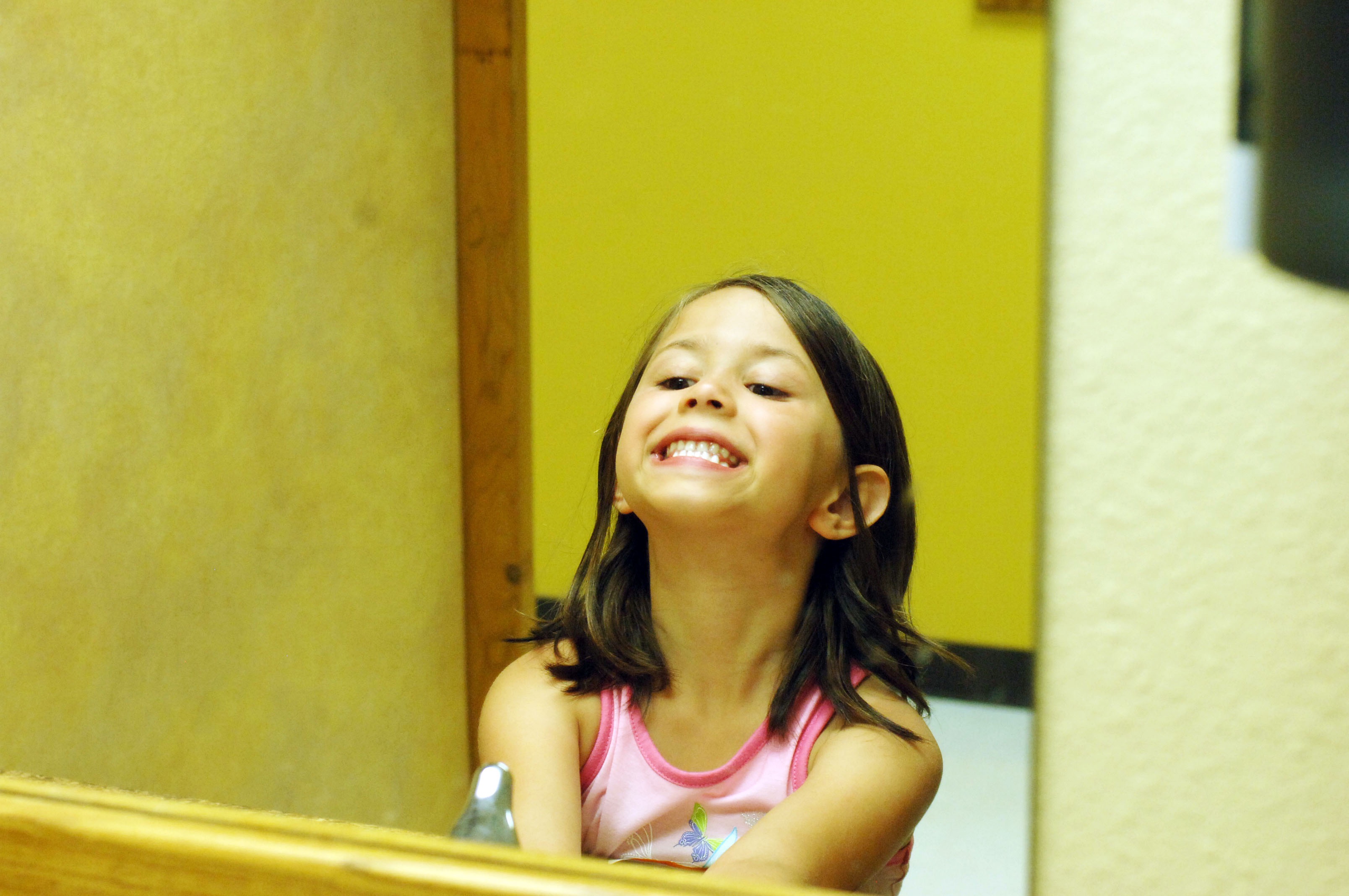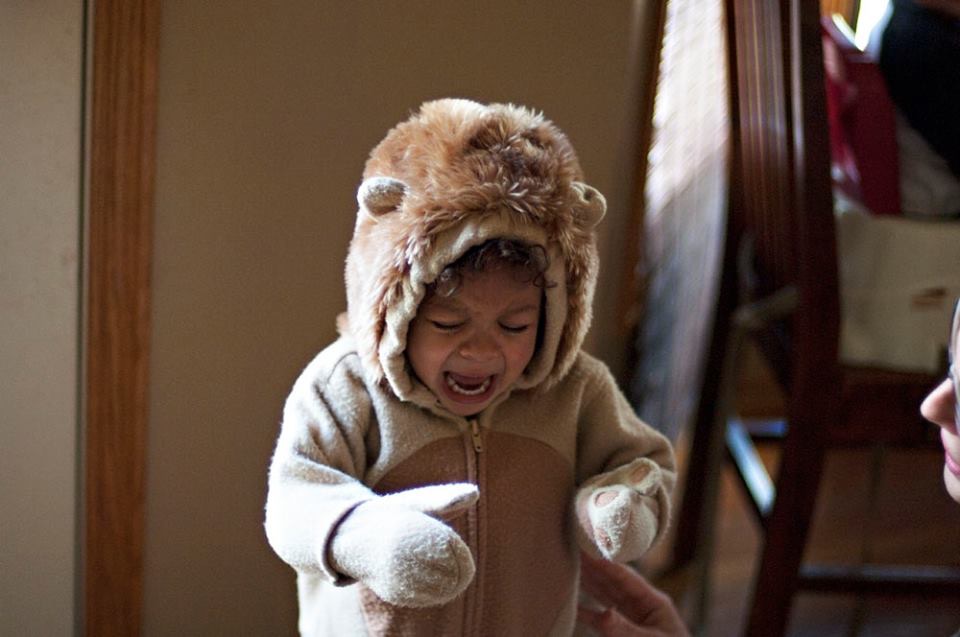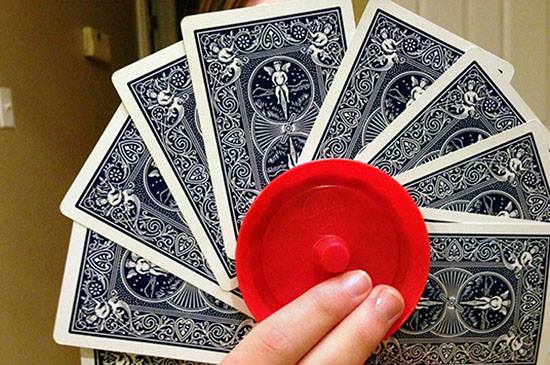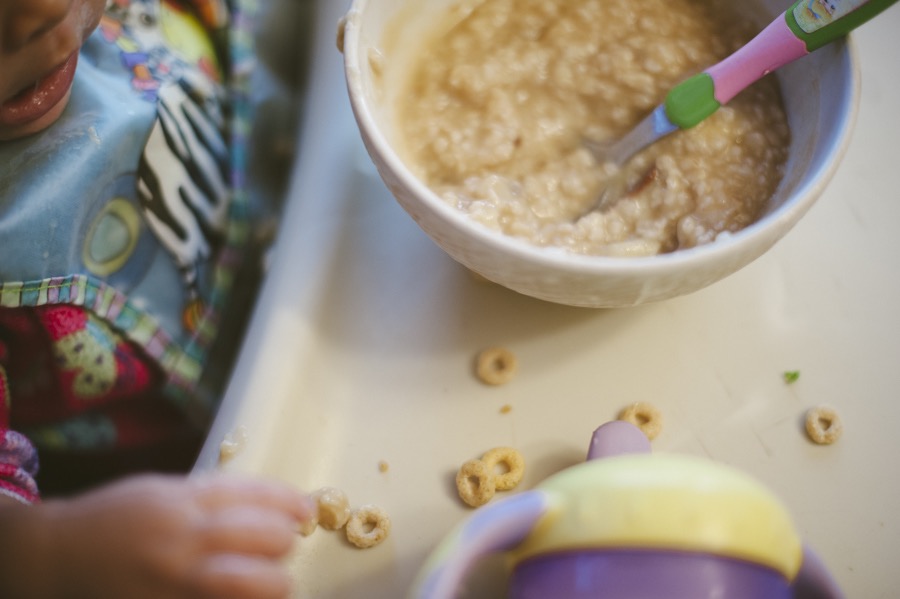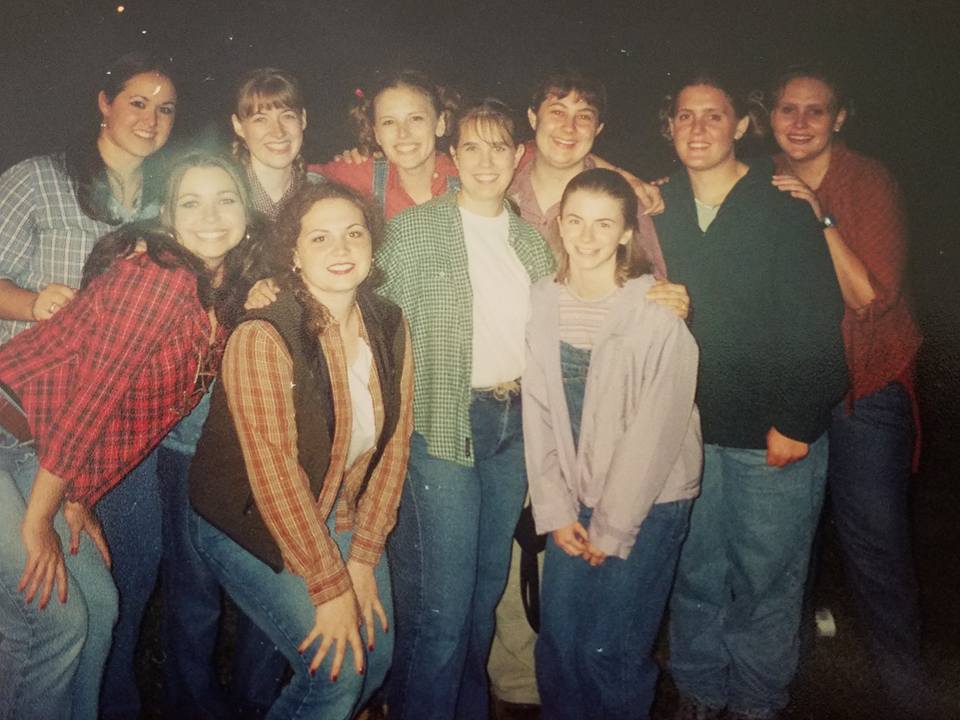July 26, 2016
by Maralee
4 Comments
When you become a foster family, it is fantastic to have a community that supports you. I’ve written posts before on the physical ways you can support a foster family, but there’s another aspect of all this I want to address. When you have a foster family in your church, extended family, neighborhood, etc. there is a little bit of education that may be helpful. You may not have time to make a meal or the money to run out and buy diapers as a welcome gift for this new child, but if you’ve got a few minutes I’m going to help you do something that may be even more appreciated– learn about how to respond to this new child and their foster family in helpful, respectful and supportive ways. So here are 7 things you need to know so you can be on the same team as your favorite fostering family:
Value this child’s privacy. The stories of foster children do not belong to the general public. It hurts me when foster parents are casual about the stories of their children instead of guarding them the way they should (especially when it comes to social media! shudder). Whether the foster parent in your community is appropriately vague or tends to overshare, you can help the situation by not pushing for details you don’t need to know. I realize there are times where you MAY need to know things because your children play together or you’re providing some kind of care for this child, but make an effort to keep your questions open ended and don’t make hurtful assumptions. You can ask, “Are there any behavioral issues we should be watching for? Any medical concerns we need to know about while he’s with us? Anything that might be triggering for her?” without saying, “I can’t believe there are monsters out there that would treat their own child like garbage!” There is a moment for righteous anger, but there are often systemic issues that create these problems. These kids are almost always the victims of people who were victimized themselves. If we can withhold judgement especially because we don’t have all the information, that is helpful. When we value this child’s privacy, we become part of the team that is protecting them and their story.
Ask the foster parents what the child is calling them. Sometimes you find yourself in the awkward moment of saying, “Do you want a snack? Why don’t you go ask. . . your. . . ummmm. . . HER if that’s okay.” Some kids want to call their foster parents “Mom” and “Dad” (at least in group settings) so they aren’t outed as foster children in public. Some call them by their first names. I was Miss Maralee during our group home years. If you aren’t sure, just ask and don’t assume that it’s always handled the same way in each situation.
Be mindful of boundary issues. When dropping a child off in the church nursery, I have always made it clear that I am to the be only one that changes that child’s diaper. I want this child to know that people who are strangers are not allowed near their private areas (even if I know and fully trust those people). I also want to eliminate the possibility someone not involved in the case could get accused of inappropriate behavior by the biological family. This is an example of the boundaries we create around our foster child for their safety and to protect others. There are lots of ways this may play out for foster families. The foster parents may want to be the only ones that offer food to the child (this is part of creating a healthy attachment and can protect against issues that could come up if you offer them food they shouldn’t have for reasons you may not be aware of). The foster parents may not want anyone else to offer physical affection to the child because of abuse issues in their past and their need to learn appropriate boundaries with strangers. The foster mom may not pass around the infant the way a biological mother would because she’s working to create trust with the child through the consistency of her presence. These things are done intentionally and need to be supported, understood, and respected.
Continue Reading →


